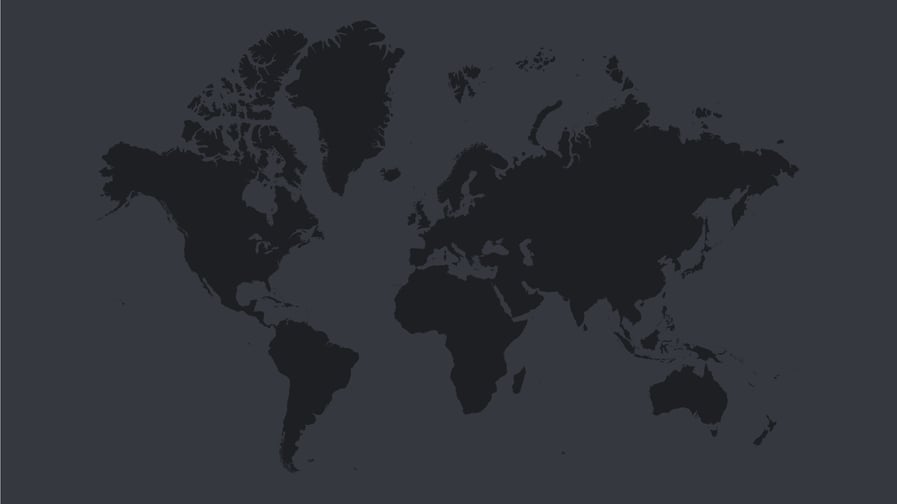War
Lebanon
On 17 and 18 September, explosives planted in thousands of Hezbollah-owned pager and hand-held radio devices detonated simultaneously across Lebanon and parts of Syria. Most explosions occurred in Hezbollah strongholds in Beirut, Bekaa Valley, and southern Lebanon, causing widespread chaos, particularly in the capital, where many hospitals were overwhelmed by casualties. While Israel never claimed responsibility, the attack was widely ascribed to a joint operation between its intelligence service, Mossad, and the Israel Defense Forces. In another escalation on 23 September, Israel launched large-scale aerial attacks across southern and eastern Lebanon, and in the southern suburbs of Beirut. Hundreds of people were killed over the days that followed, tens of thousands of people have been internally displaced, and several foreign governments have urged their citizens to evacuate while conventional means of travel remain available. These attacks mark a significant deterioration between Israel and Hezbollah, and despite international pressure to call a ceasefire, the conflict is likely to escalate further in the coming days.
War
Israel
On 15 September, Houthi rebels fired a missile from Yemen that reached as far as central Israel. Israeli air defence systems intercepted the missile, which broke into fragments and fell in an open area in Ben Shemen Forest, close to Ben Gurion International Airport, sparking a fire. Air raid sirens sounded across central Israel, including in Tel Aviv, and nine people suffered minor injuries while seeking shelter. In addition, on 27 September, amid escalating tensions between Israel and Hezbollah, Houthis fired another missile towards Israel. Air raid sirens sounded across central Israel, although Israeli air defences intercepted this projectile too. These attacks signal that militant groups across the Middle East region maintain both the intent and capability to launch attacks on Israel while Israel conducts its military operations against Hamas in Gaza and Hezbollah in Lebanon.
Terrorism
Palestinian Territories
On 8 September, an armed Jordanian assailant opened fire at the King Hussein Bridge border crossing between Jordan and the West Bank, killing three Israeli civilian workers before security forces shot and killed him. The attack occurred in a cargo area controlled by Israeli forces and prompted the closure of the border crossing for several days. The attacker was a civilian truck driver, with no known affiliations with terrorist organisations. However, anti-Israel sentiment is widespread in Jordan, and further attacks by self-radicalised individuals are likely while the conflict in Gaza is ongoing.
Civil Unrest
India
On 9 August, a junior doctor was raped and killed at the hospital where she worked in Kolkata, West Bengal State, prompting large-scale activist marches in the city and elsewhere, demanding better protections for women, and for medical professionals in particular. In West Bengal, junior doctors initiated a statewide strike in response to the attack, demanding that the government implement improved security measures at hospitals, and that senior police officials resign. On 16 September, the state government agreed to some of the striking doctors’ demands, suspending the Kolkata Police Commissioner, among other reforms. The doctors agreed to resume essential services on 20 September, but intend to remain on strike until all their demands are met. Protests over gender-based violence are common in India, often in response to a particularly brutal or high-profile attack.
Civil Unrest
Australia
Thousands of anti-war activists protested in Melbourne, Victoria to denounce a weapons exhibition that took place from 11 to 13 September. Several days prior to the event, activists began disrupting traffic and vandalising buildings in the city with paint. When the exhibition began on 11 September, up to 3,000 protesters rallied outside the Melbourne Convention and Exhibition Centre. Expecting larger crowds, city authorities had deployed more than 1,000 police officers to the area, who used pepper spray and rubber bullets against the demonstrators. Between 50 and 100 participants were injured. Protests continued for the duration of the exhibition, although on a smaller scale and with fewer violent confrontations.
terrorism
West Africa
On 17 September, Jama'at Nasr al-Islam wal-Muslimin (JNIM) militants launched a rare attack in Bamako, targeting the Faladie gendarme school and Modibo Keita International Airport. Mali’s capital has largely been spared from the insurgencies led by JNIM and its affiliates, as well as the Islamic State-Sahel Province in the northern, central, and eastern regions of the country. Meanwhile, on 24 August, JNIM was also responsible for killing over 200 people in Burkina Faso’s Centre-Nord Region. JNIM is now believed to control around 40 percent of Burkina Faso’s territory and maintains a strong presence in southern and central Mali while threatening to expand further into coastal West African states, including Benin and Togo.
Political Violence
Armenia
On 18 September, Armenia’s Investigative Committee announced it had foiled a coup plot involving five Armenians and two former residents of Nagorno-Karabakh. According to Armenian authorities, the plotters had trained in Russia in preparation to overthrow the government in Yerevan and were transferred to a Russian military base in Rostov-on-Don in southern Russia, ahead of the attempt. Russia has not commented on these claims, which have yet to be independently verified. The incident comes amid heightened tensions between Moscow and Yerevan, while the Kremlin has also recently strengthened ties with Armenia’s regional rival, Azerbaijan.
Civil Unrest
Kosovo
On 6 September, Kosovo closed the Brnjak and Merdare border crossings with Serbia after protesters erected blockades on the Serbian side. The purpose of the demonstrations was to denounce the closure of parallel institutions established by ethnic Serbs in northern Kosovo, which the Kosovar authorities have shut down. Although the border crossings have since reopened, tensions between Kosovo and Serbia remain high. Mid-September talks in Brussels aimed at normalising relations between the two governments yielded no progress, with both sides escalating their rhetoric against each other.
Terrorism
Colombia
On 3 September, suspected Ejército de Liberación Nacional (ELN) militants detonated explosives targeting the Caño Limón oil pipeline in Cubará, Boyacá Department, causing significant damage to the pipeline. The pipeline has been targeted in numerous attacks in recent weeks, prompting Colombia's state-owned oil company to implement emergency measures to control the situation and limit damage to the local environment. Additional military personnel have also been deployed to the area. A ceasefire agreement between the government and the ELN expired in August, and further incidents are likely in the coming weeks.
Civil Unrest
Mexico
On 17 September, unionised judicial workers indicated they will continue their countrywide strike and associated protests denouncing the government's recent judicial reforms, which includes the popular election of judges. The strike has been ongoing since 21 August and has continued despite the passing of the reforms on 11 September. The action has prompted disruptions to most judicial operations in the country, although courts continue to review urgent cases. Further demonstrations related to the issue are likely in the coming days.
Political Violence
US
On 15 September, Secret Service agents thwarted an apparent assassination attempt on former President Donald Trump at a golf course in West Palm Beach, Florida. A Secret Service agent noticed a rifle barrel sticking out of a fence and opened fire on the man in the bushes along the perimeter, prompting him to flee. Trump was not injured during the incident. Police detained the suspect, who has been identified as Ryan Wesley Routh. The Federal Bureau of Investigation (FBI) is investigating the incident as an attempted assassination. While the motive for the attack is unclear, Routh had criticised Trump on social media and is a committed supporter of Ukraine. The attack comes around two months after another apparent assassination attempt on Trump during a rally in Pennsylvania in July, where he sustained minor injuries.
Civil Unrest
US
On 13 September, around 33,000 unionised workers affiliated with the International Association of Machinists and Aerospace Workers initiated a strike at a prominent aircraft manufacturer located in several cities in California, Oregon and Washington State. Workers are demanding salary increases, and initiated the strike after rejecting a contract offer from the company. The strike has prompted severe disruptions to the manufacturer's operations, and the company has reduced spending on suppliers and has temporarily furloughed some workers to mitigate its losses. Union representatives have indicated intent to continue striking until their demands are met.




